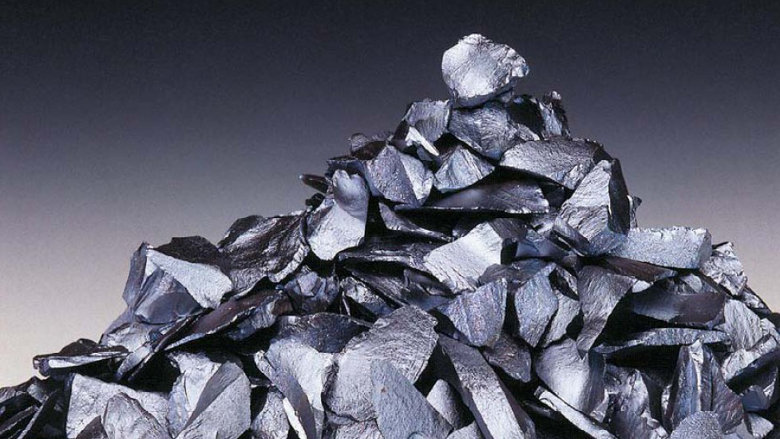In an announcement last week, the China-based manufacturer unveiled its intentions to put a halt to its multicrystalline wafer operations, due to “increasingly challenging market conditions.”
The decision is expected to cost Daqo around US$21.6 million in fixed-asset impairment and restructuring costs in the third quarter of this year, roughly $1.6 million of which will comprise employee severance payments, and $20 million, impairment of long-lived assets.
No details were released regarding how many employees will be affected, and Daqo was not immediately available for comment.
In a statement released, Mr. Longgen Zhang, CEO did say, “We expect to complete the shutdown of the solar wafer business in the third quarter of 2018. This move will allow us to focus all of our resources and expertise on our core polysilicon manufacturing business and Phase 3B expansion project which will begin pilot production in the fourth quarter of 2018.”
At the start of August Daqo said it maintained full polysilicon production capacity in June, and reiterated its full year production guidance of 22,000-23,000 MT. The company’s Q2 financials showed, however, sales volume and profits fell over the previous quarter, thanks to loss of demand in China. Indeed, revenue of $67 million were recorded, down from the previous quarter’s $103.3 million, with EBITDA falling around 40%, to $31 million, from $51.7 million in Q1.
It also said it sold 9.8 million wafer pieces in Q2, compared to 13.3 million pieces in Q1 2018, and 27 million pieces in Q2 2017; and that its Phase 3B project capacity expansion is expected to “produce electronics grade polysilicon for use in mono-crystalline wafer and semiconductor markets.” In its Q3 2018 wafer sales outlook, it said it expected to sell 7 million to 8 million pieces.
Regarding its Phase 3B expansion plans, Daqo said last October that it had secured approval from its board of directors to proceed. The plans are expected to bring the company’s annual nameplate polysilicon production capacity to 25,000 metric tons (MT), from 18,000 MT as of last year.
However, further technology upgrades and additional debottlenecking could raise its annual output capacity to 30,000 MT by the end of 2019, it said in an online statement at the time.
This May, meanwhile, it announced a further ‘Phase 4’ plan, to take effect after Phase 3B. Under this, it aims to increase capacity in two 35,000 MT stages: Phases 4A and 4B. Construction on the new facilities was said to have been initiated at the start of May, while pilot production is expected to start in the fourth quarter of 2019.
This content is protected by copyright and may not be reused. If you want to cooperate with us and would like to reuse some of our content, please contact: editors@pv-magazine.com.




By submitting this form you agree to pv magazine using your data for the purposes of publishing your comment.
Your personal data will only be disclosed or otherwise transmitted to third parties for the purposes of spam filtering or if this is necessary for technical maintenance of the website. Any other transfer to third parties will not take place unless this is justified on the basis of applicable data protection regulations or if pv magazine is legally obliged to do so.
You may revoke this consent at any time with effect for the future, in which case your personal data will be deleted immediately. Otherwise, your data will be deleted if pv magazine has processed your request or the purpose of data storage is fulfilled.
Further information on data privacy can be found in our Data Protection Policy.